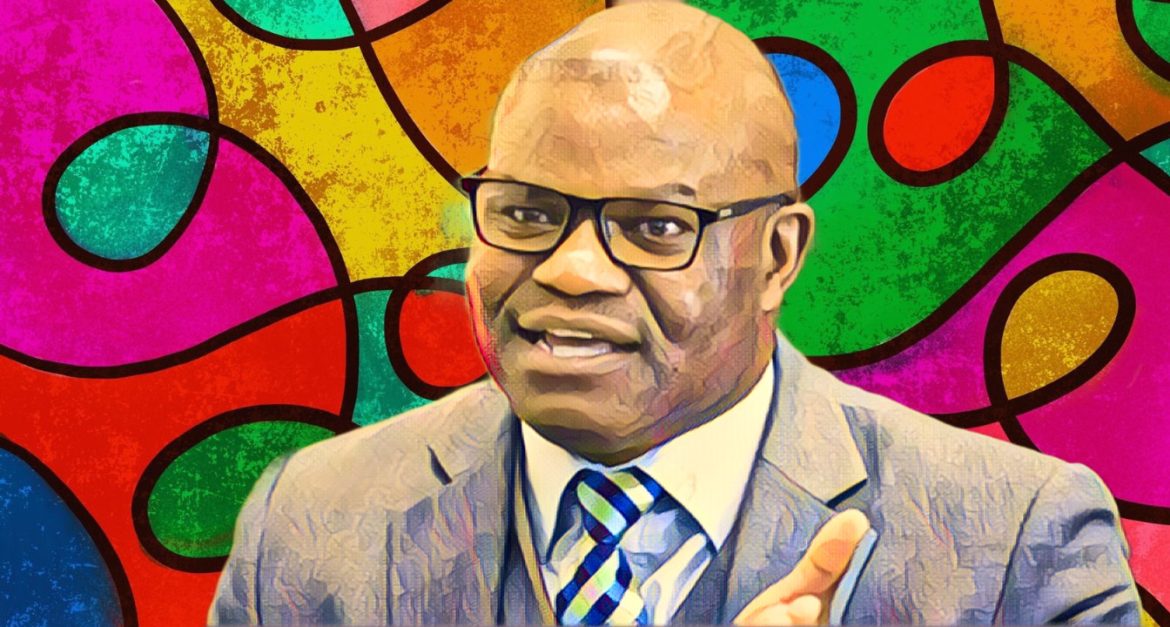KEY POINTS
-
Zimbabwe dismisses UK lawmakers’ demands to release journalist Blessed Mhlanga, labeling criticism as foreign interference.
-
Mhlanga remains jailed for 60 days on charges tied to an interview criticizing President Mnangagwa, drawing global condemnation.
-
UK activists target First Lady Auxillia Mnangagwa’s FLAIR summit appearance, linking her advocacy to her government’s rights record.
Zimbabwe’s government has rebuffed calls from British lawmakers to release detained journalist Blessed Mhlanga, dismissing the demands as “emotional overreach” with no bearing on domestic legal processes.
According to Bulawayo24, the criticism escalated as activists prepared protests targeting First Lady Auxillia Mnangagwa during her scheduled appearance at the First Ladies of African Impact and Resilience (FLAIR) summit in London next month.
Ministry of Information Permanent Secretary Nick Mangwana doubled down on Zimbabwe’s stance, stating on social media platform X: “Foreign legislatures’ debates hold no weight here. Our judiciary operates independently, and due process will be followed.” His remarks came after Liberal Democrat peer Lord Jonny Oates urged the UK government to halt diplomatic normalization until Zimbabwe respects media freedoms and human rights.
Mhlanga, a journalist with NewsHawks, has been held for 60 days in pretrial detention since March 2025. His arrest followed an interview he conducted with war veteran Blessed Geza, who criticized President Emmerson Mnangagwa’s leadership and called for his removal. Prosecutors allege Mhlanga violated cybersecurity laws by “transmitting data inciting violence,” charges condemned by Amnesty International as “a blatant attack on press freedom.”
Detention sparks global condemnation
The FLAIR summit, aimed at highlighting African women’s leadership, now risks becoming a flashpoint. UK-based Zimbabwean activists plan demonstrations outside the venue, demanding Mhlanga’s release and accountability for alleged rights abuses under Mnangagwa’s administration. “Auxillia cannot champion resilience while her government jails journalists,” said London-based activist Tariro Mhute of the Zimbabwe Diaspora Alliance.
Zimbabwe’s strained relations with the UK date back to post-2000 land reforms and sanctions imposed over electoral violence. While the EU lifted most restrictions in 2024, the UK maintains targeted sanctions on Mnangagwa and allies.
Analysts argue Mhlanga’s case underscores Zimbabwe’s shrinking democratic space: Reporters Without Borders ranks the country 137th out of 180 in its 2025 Press Freedom Index, citing “systematic harassment of critical voices.”
Meanwhile, the Mnangagwa administration faces mounting pressure domestically. University of Zimbabwe lecturers are on strike over unpaid salaries, while opposition groups allege a crackdown ahead of 2028 elections. “The regime conflates dissent with treason,” said Harare-based lawyer Advocate Fadzayi Mahere. “Mhlanga’s detention is meant to intimidate journalists into silence.”


